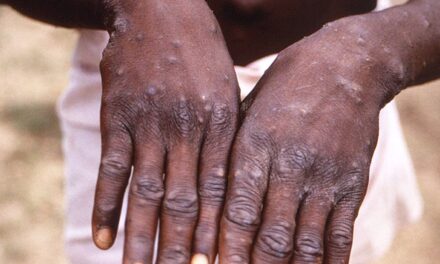A recent study conducted by researchers from Queen Mary University of London has shed light on the heightened risk of immune abnormalities and mortality among children born to women with HIV infection. The findings, published in the journal Nature Communications, underscore the critical need for targeted interventions to support these vulnerable infants.
The study, which involved 726 pregnant women with HIV in rural Zimbabwe, compared blood samples from infants who were HIV-exposed to those who were not. The results revealed a significant difference in immune development, particularly among HIV-exposed babies, with boys being disproportionately affected.
According to Dr. Ceri Evans, Clinical Lecturer in Paediatric Infectious Diseases at the University of Liverpool, the skewed immune milieu of women with HIV during pregnancy, characterized by inflammation, immune dysfunction, and co-infections, plays a pivotal role in shaping the immune development of their offspring.
Shockingly, mortality rates among HIV-exposed infants were found to be 41 percent higher compared to their HIV-unexposed counterparts. This alarming statistic highlights the urgent need for targeted interventions to improve health outcomes for these vulnerable children.
Even among those infants who survived and remained HIV-free, the study revealed impaired growth and development. This concerning finding persisted despite high coverage of maternal antiretroviral therapy (ART) and exclusive breastfeeding.
The researchers also identified systemic inflammation among women with HIV, as indicated by C-reactive protein (CRP) levels in the blood, as a key factor contributing to infant mortality. Additionally, infection with cytomegalovirus (CMV), a co-factor in HIV disease progression, was found to independently impact both infant mortality and the development of the child’s immune system.
Dr. Evans emphasized the importance of leveraging simple and cost-effective measures, such as CRP testing during pregnancy, to identify high-risk pregnancies and provide targeted support to mitigate adverse outcomes for infants born to women with HIV infection.
In conclusion, this groundbreaking study underscores the urgent need for comprehensive strategies to address the heightened risk of immune abnormalities and mortality among children born to women with HIV infection. By targeting inflammation and co-infections during pregnancy, we can strive to improve health outcomes for these vulnerable infants and pave the way for a healthier future generation.












